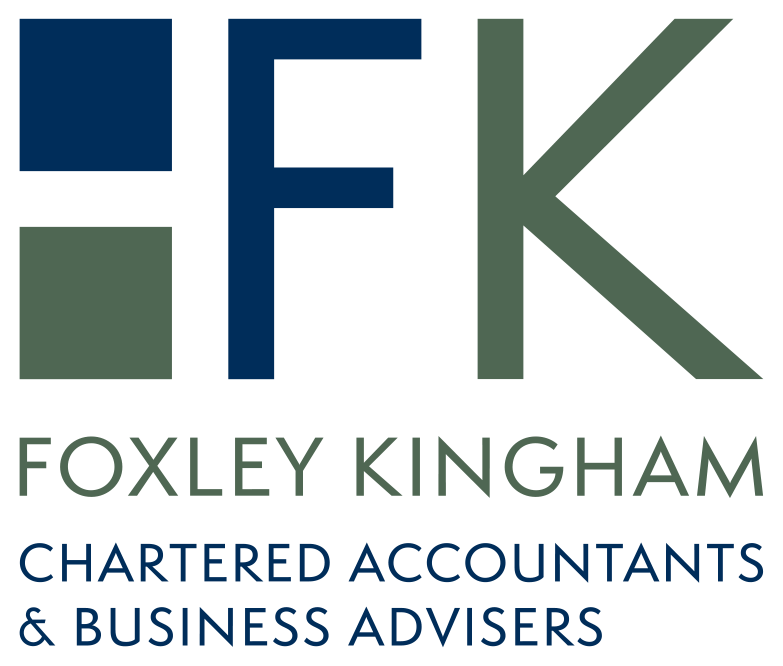
Welcome to our Summer 2021 edition of ProActivity. It’s another dynamic time of the year for many businesses, as the Furlough Scheme, Bounce Back and Coronavirus Business Interruption Loans (CBILS) start to be withdrawn. As various Government support for businesses, designed to help them get through the last twelve months of the COVID-19 pandemic, come to an end business owners must now face their new phase of going it alone.
ProActivity spoke to Paul Bithrey, Director at Foxley Kingham, about how he sees the challenges of the next few months for businesses, and the experience he has of his own clients’ particular challenges and successes.
“The Bounce Back Loans and CBILs are now gone, so it’s just the Recovery Loan Scheme that’s available up until 31 December 2021. But businesses should be aware that these loans are at the discretion of each accredited lender, listed on the British Business Bank’s website, with businesses tested against each bank’s particular criteria for commercial viability.”
For businesses to qualify for funding through the Recovery Loan Scheme they need to show that they are viable, if it were not for the pandemic, and have been adversely affected by the pandemic, as well as not already being in insolvency proceedings.
We asked Paul whether he thought the Recovery Loans were a good option for businesses struggling, that also might be under other financial pressures at the moment, for example with repayments of other Government loans and finance.
“It comes down to the commercial viability of that business. There’s no doubt that options for many businesses are decreasing, particularly if their part of the economy has not recovered yet and there are tough questions to be asked.” Paul advises, “Ask those questions sooner rather than later. What does the business look like at the end of 2021? If there are problems foreseen then address those problems now. Plan ahead. And if recovery loan finance is part of that plan, and will help, if your business is viable, then absolutely go for it.”

“The majority of our clients are doing well. Furlough and grants have done a good job of keeping most businesses we see going.”
But, Paul says, the survival element usually comes down to innovation and ingenuity of business owners.
“The businesses that are surviving and doing well, are doing so mostly because of their sheer entrepreneurial ability. We have seen businesses doing amazing things to change their offering, servicing other markets, or changing how they operate. It’s this ability that has resulted in survival for most and stands them now in good stead, in not just getting through this year, but for the future long term.”
On the question of bringing back staff from furlough, how should businesses approach what might be the difficult decision of whether to keep staff?
“There’s no silver bullet unfortunately,” says Paul. “Ask, is it commercially viable to continue employing those staff? Businesses must be asking these hard questions of themselves and now is the time to do it.”
“If the business is viable but business owners need help to plan what might be a difficult financial journey ahead, that’s where we can assist, and what we do to help our clients with taxes and finance planning. But business owners know their markets and must look at what’s happening in their own sector and the behaviour of their customers and competitors to establish their viability.”
Paul continues,
“Demand may be very different going forward for a business. Business owners should consider this. For instance, we see many businesses now serving their customers online, or adapting their model because they can’t get sufficient staff. The pandemic has caused turbulence and uncertainty across all markets and sectors to some degree and that hasn’t yet entirely settled. But it’s this uncertainty that’s exactly why the hard questions need to be asked now. We are here to help businesses do that and plan their way ahead, hopefully to their future success”.
For more information on the upcoming challenges and putting best practice in place to mitigate the effects you can contact us today – you can book a free meeting to hear how our expert team can support your business.









